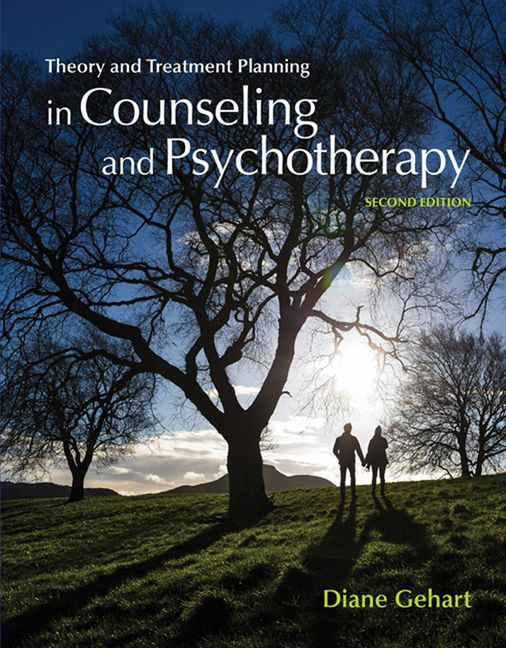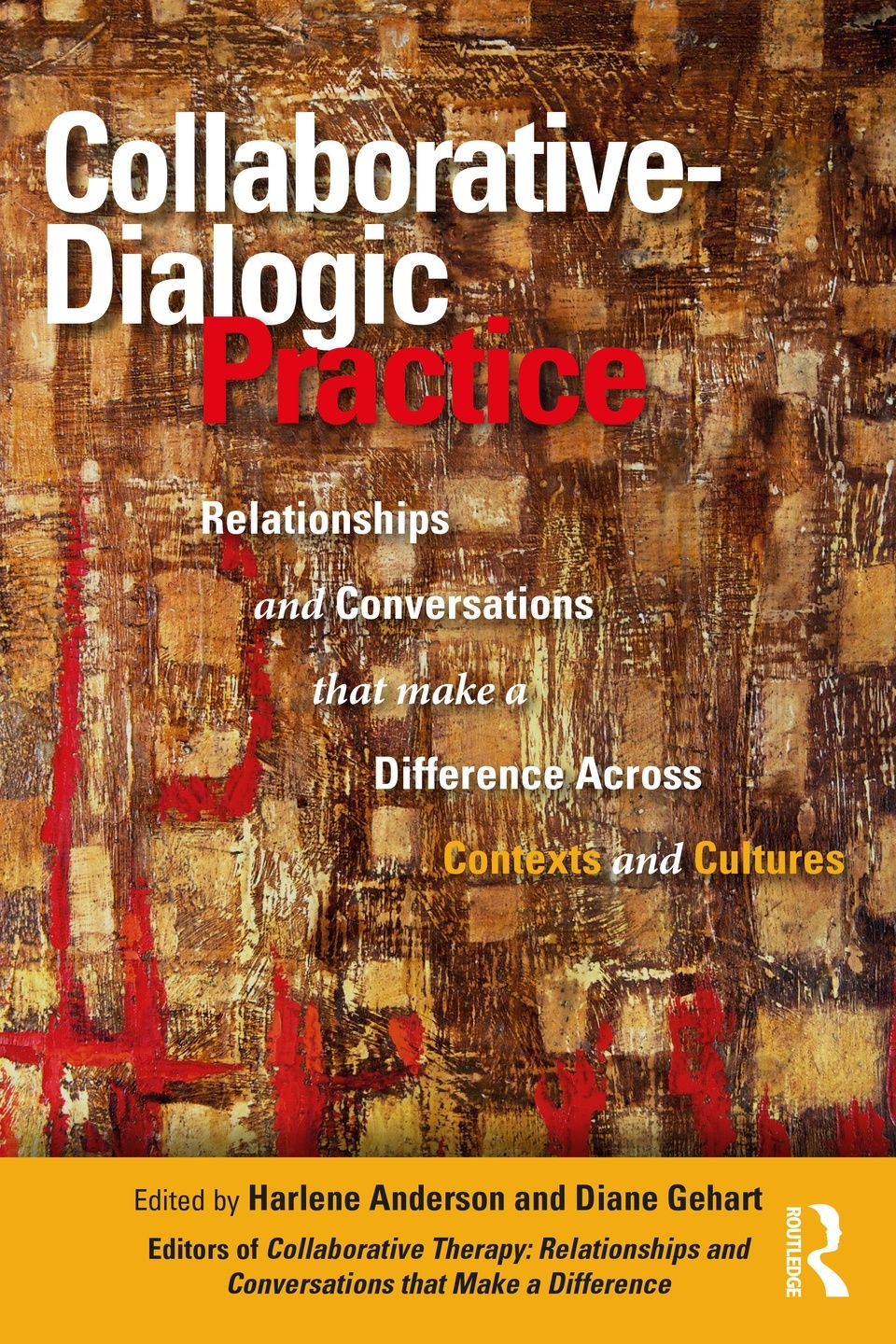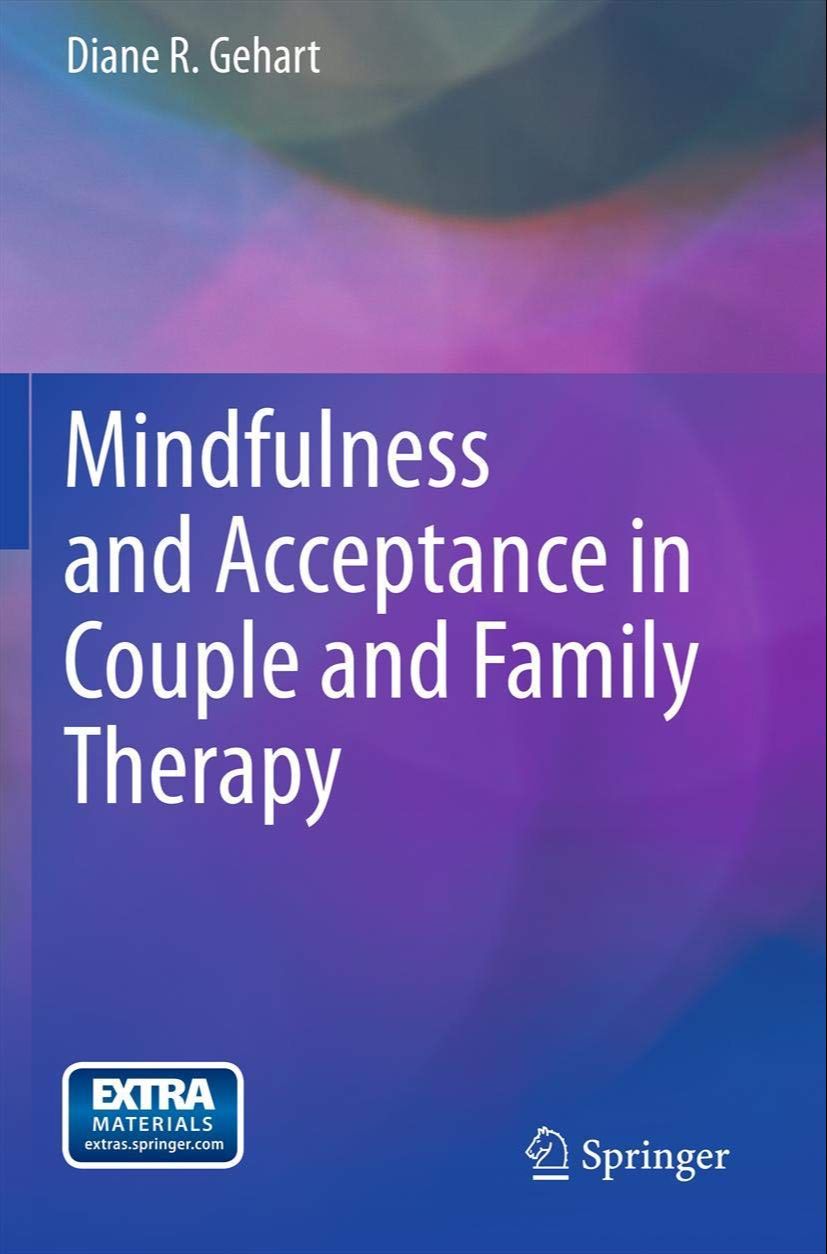Welcome!
Check out Dr. Gehart's Latest Books!!

FREE Clinical Forms and Resources for Dr. Gehart's Textbooks
Sign up to get 35+ clinical forms that accompany Dr. Gehart’s textbooks, including treatment plan, case conceptualization, clinical assessment, and progress notes templates.
In addition free clinical forms, you will receive updates of new clinical resources and trainings.
⭐️⭐️⭐️⭐️⭐️
"LOVE this!"
- S. Hansen
A Lighthearted Way to Stress Less and Savor More Each Day
Join Dr. Gehart as she blends positive psychology, Eastern wisdom, and decades of experience to outline a practical, good-humored path to your goals.
You learn step-by-step how to:
- Identify the essential elements necessary for life-long happiness.
- Develop an unshakable sense of inner joy.
- Engage your most painful life circumstances to dramatically improve your life for the better.
- Navigate common pitfalls and challenges.
- Skillfully handle the most difficult personalities and relationships.
- Transform how you journey through life—making it a joy ride, even in unforeseen circumstances.
Mastering Competencies in Family Therapy, 4th Ed.
Designed for:
- Family therapy courses
- Clinical skills courses
- Practicum and fieldwork courses
- Use across multiple courses
- License exam preparation
Mastering Competencies in Family Therapy is designed to be an efficient and highly effective means of teaching new therapists to master the essential competencies necessary to succeed in doing couples and family therapy in the 21st century.
As an instructor in an accredited program and university that is required to measure student learning, I needed something that would enable me to effectively measure student learning.
Although I created comprehensive assessment systems for measuring student mastery of competencies (Gehart, 2007, 2009), I realized that in order to do so, the students needed resources that provided them with the detailed knowledge to develop real-world skills.
In short, I needed something more than a text that simply offered solid but old school “book knowledge”; I needed a resource that eloquently responded to my students’ everyday training experiences and needs. This book was written to be the missing link between theory and practice that my students needed.
Theory and Treatment Planning in Counseling and Psychotherapy, 2nd Ed.
Designed for:
- Counseling theory courses
- Clinical skills courses
- Practicum and fieldwork courses
- License exam preparation
This counseling theory text provides a comprehensive and practical introduction of counseling and psychotherapy theories. The text includes theory-specific case conceptualization and treatment planning to better enable students to understand how theories are applied in practice.
In addition, applications with specific cultural groups and with LGBTQ clients are highlighted for each theory, providing comprehensive and meaningful coverage of diversity issues. Furthermore, each chapter includes a meaningful discuss of research and the evidence base as it relates to each theory.
Get the Book!Collaborative Therapy and Practices

Collaborative Therapy:
Relationships and Conversations that Make a Difference
Edited by Harlene Anderson & Diane Gehart
Collaborative Therapy: Relationships and Conversations That Make a Difference provides in-depth accounts of the everyday practice of postmodern collaborative therapy, vibrantly illustrating how dialogic conversation can transform lives, relationships, and entire communities.
Pioneers and leading professionals from diverse disciplines, contexts, and cultures describe in detail what they do in their therapy and training practices, including their work with psychosis, incarceration, aging, domestic violence, eating disorders, education, and groups.
In addition to the therapeutic applications, the book demonstrates the usefulness of a postmodern collaborative approach to the domains of education, research, and organizations.
Buy the Book!Collaborative-Dialogic Practice:
Relationships and Conversations that make a Difference Across Contexts and Cultures
Edited by Harlene Anderson and Diane Gehart
Have you ever wondered how to successfully communicate with someone who sees the world from an entirely different angle than you do?
Often the chasm between those holding differing views seems impossible to navigate, even with the best of intentions.
Whether you work in a boardroom, schoolroom, therapy room, or community organization, Collaborative-Dialogic Practice offers a humanizing approach to facilitating dialogues that make a difference in our fast-changing, diverse, and ever-shrinking world.
These practices encourage relationships and conversations that create a generative space and promote meaningful transformations, even in the most difficult situations.
Buy the Book!Mindfulness and Acceptance in Couples and Family Therapy
This book reviews the research and philosophical foundations for using mindfulness, acceptance, and Buddhist psychology in couple and family therapy.
It also provides a detailed and practical approach for putting these ideas into action in the therapy room, including a mindful approach to therapeutic relationships, case conceptualization, treatment planning, teaching meditation, and intervention.
Buy the Book!Theories and Treatment Planning in Family Therapy
Designed for:
- Family therapy courses
- Clinical skills courses
- Practicum and fieldwork courses
- License exam preparation
A comprehensive and practical introduction to couple and family therapy theories.
Includes theory-specific case conceptualization and treatment planning to better enable students to understand how theories are applied in practice.
Applications with specific cultural groups and with LGBTQ clients are highlighted for each theory, providing comprehensive and meaningful coverage of diversity issues.
Each chapter includes a meaningful discuss of research and the evidence base as it relates to each theory.
Table of Contents
Features
Corresponding Online Lectures
Case Documentation in Counseling and Psychotherapy
Designed for:
- Clinical skills courses
- Practicum and fieldwork courses
- License exam preparation
This text provides a comprehensive introduction to completing case documentation using counseling theory.
Part I provides a detailed introduction to case conceptualization, clinical assessment and diagnosis (including DSM-5 overview), treatment planning, progress notes, and measuring client progress.
Part II provides overviews of each major theoretical school and provides detailed examples of how to complete case documentation when working from the specific theoretical orientation.
The final section provides a practical introduction to becoming a competent supervisee, including a discussion of how to engage successfully in supervision, handle common problems that arise, and manage stress in the early years of being a counselor and psychotherapist.
Table of Contents
Features
Corresponding Online Lectures
Video Series
Free to Instructors and Available to Students via MindTap
Video Series Unique Features
- Competency-based: each video is designed to teach a significant and specific intervention from the selected theory, such as scaling questions in solution-focused therapy. In each video, several other skills will also be demonstrated, such as forming a counseling/therapeutic relationship, goal setting, etc., and are clearly identified by commentary text at the bottom of the screen.
- Brief: the videos are briefer than many other videos, with session demonstrations averaging 30 minutes and a total length of 45-50 minutes.
- Post-Session with Clients: arguably the most compelling and educational element of the videos, clients are interviewed after the session about their experience of the session to provide additional feedback about the intervention and offer an intimate description of what it felt like to experience the intervention.
- Diversity: the videos demonstrate therapy with diverse clients and expert therapists. In addition, each expert describes using the theory and specific intervention with diverse clients.
- Evidence-Base: each expert also addresses to the evidence base for the theory and/or specific intervention demonstrated.
- Educational Commentary: for the therapy portion of the video, each expert provides written commentary that appears at the bottom of the screen to significantly enhance the educational effectiveness of the videos by identifying techniques being used, explaining clinical decisions, and providing tips for implementing with clients.
- Supervision Guidance: the post-session will include guidance from the expert on how to learn the specific intervention.
List of Videos to Accompany Counseling and Psychothrerapy Texts
List of Videos to Accompany Family Therapy Texts
Instructions for Free Instructor Access
Instructions for Student and General Public Access
Video Overviews
FREE Clinical Forms and Resources for Dr. Gehart's Textbooks
Sign up to get 35+ clinical forms that accompany Dr. Gehart’s textbooks, including treatment plan, case conceptualization, clinical assessment, and progress notes templates.
In addition to accessing free clinical forms, you will receive update when new free clinical resources and trainings are available.











